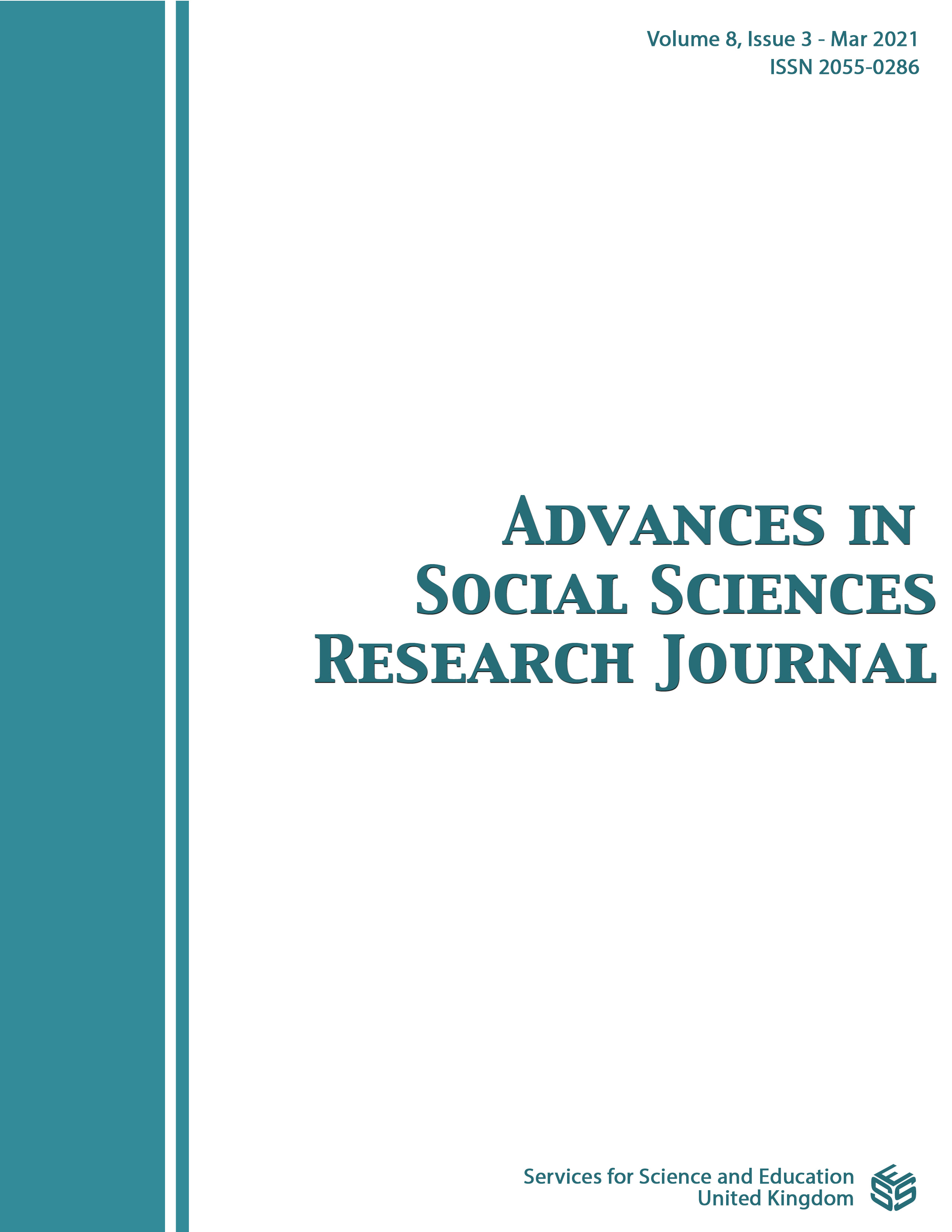De-stereotyping informal sector gendered division of work: a case of Magaba Home Industry, Harare, Zimbabwe
DOI:
https://doi.org/10.14738/assrj.83.9609Keywords:
informal sector, human capital development, de-stereotyping, gendered division of work, skills mainstreaming.Abstract
The informal sector is gradually becoming the sole source of income for millions of people around the world. Yet, there exists grossly asymmetric relationships between men and women in accessing functional prerequisites to operate and survive in the industry. Cultural and socially constructed consciousness within the industry, has created gendered division of work. Therefore, this study explored how to de-stereotype gendered division of work in the informal sector, focusing on Magaba Home Industries in Harare, Zimbabwe.
This qualitative study concludes that human capital development accompanied with social and financial capital is significant in improving capacities of both women and men in productive informal work. The study recommends an ideological shift from perceived oriented line of work based on gender to mainstreaming equality of achievement based on mobile societies that foster upward social mobility thus bridging the gendered skills gap.
Downloads
Published
How to Cite
Issue
Section
License
Authors wishing to include figures, tables, or text passages that have already been published elsewhere are required to obtain permission from the copyright owner(s) for both the print and online format and to include evidence that such permission has been granted when submitting their papers. Any material received without such evidence will be assumed to originate from the authors.






